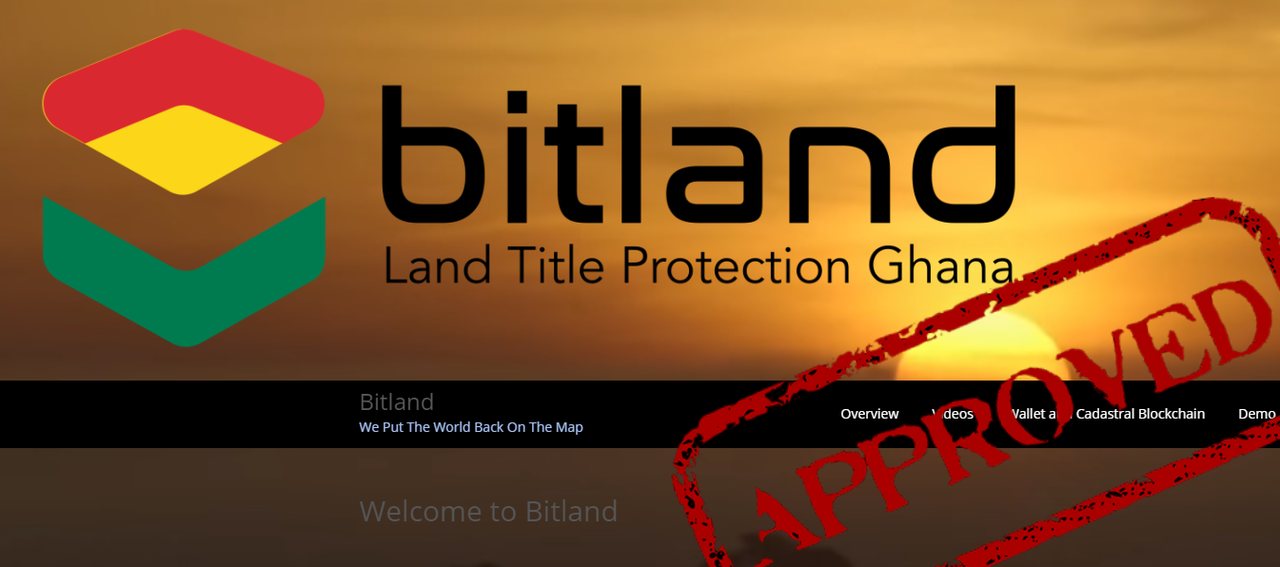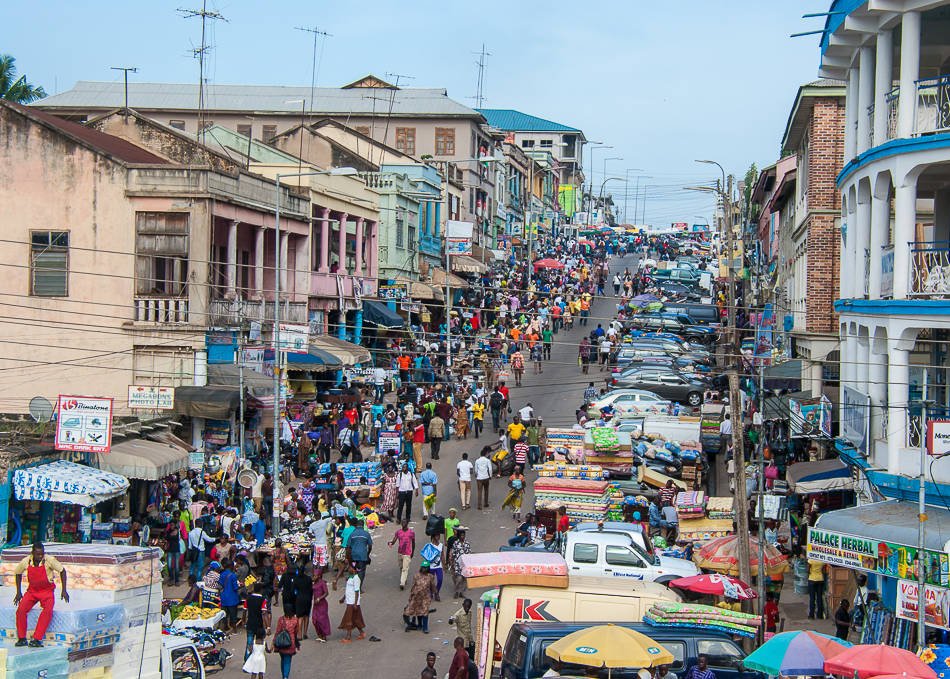
The Graphene Powered Bitland project has acquired a commercial license to operate a blockchain company in Nigeria to facilitate the operation of land title registries backed by the Bitshares blockchain.
A little more than 12 hours ago Bryce Weiner the Blockchain Architect for Bitland mentioned in a live interview with Blocktalk's Alex Sterk that the Bitland Project has officially been granted permission from the Ghanaian government to establish their land title registration project in the country of Ghana.
Bryce (Blockchain Architect for Bitland): "The Bitland project is land registries in Africa they actually have the approval from Ghanaian government to do all of the land registries for the country of Ghana. In fact as of this week Bitland has been awarded the very first corporate license to operate a block chain company in the country of Nigeria specifically for the building of a land registry for that country; we actually have the official documentation, we were granted our corporate status last week."
Interview is below and relevant quote is at 15:59
Please note this video is on the topic of a new project named 'TAO', the only mention of Bitland is at 15:59 when they get off topic

What is the Bitland Project?

Bitland is an effort to create a blockchain-based land registry in Ghana. In many countries around the world, land ownership is poorly recorded and poorly enforced, denying land owners a crucial asset they could sell, borrow against, or legally develop. An immutable registry could create a market where once there was none.
Bitland’s first market will be a pilot project in Ghana through an NGO Bitland Ghana. Following a successful pilot, Bitland will expand to other countries in Africa and elsewhere
Bitland is an experimental platform using decentralized, trustless models to bridge the gap between the government and the undocumented areas.
Its key principle is that all participation is voluntary. Meaning that there’s a personal and/or community consent, and approval, time-stamped, and government approved.
This process will be tokenized in the blockchain for later reference, for every claim, and transaction.
Why Ghana?
Bitland's Christopher Bates has said in a recent interview Adam B Levine on the LTB network that Ghana has been targeted as the first implantation due to the benefit to the people and the current system and that it is a great testing ground for the project as it will present the largest set of barriers to entry.
This attack the hardest problem first methodology will ensure that future roll-outs of the projects have ease of implementation due to the lessons learnt whilst in Ghana.
Within the interview in relation to why start with Ghana Chris stated: "If we can figure out how to fight corruption in the most corrupt places then when we move into the least corrupt places we wont be enabling more corruption where there is not as much"
Specifically, the project is being piloted with 28 communities in Kumasi, a city in southern Ghana that is among the largest metropolitan areas of the country, with the intention of expanding it across the African continent.

Another problem being worked on by Bitland in Ghana is the lack of reliable infrastructure and access to basic blockchain related dependencies such as Electricity and Internet for all. This is being delivered via Physical Solar powered Bitland Centres throughout Ghana. Work on the very first Bitland center in progress at the moment.
The team has developed a four year implementation plan that looks to start with a local WiFi network for the pilot communities, then establish metropolitan access networks which would give greater Ghana constant access to the Bitland network.
What is the broader goal - How does it changes lives in Ghana?

The transparency provided by the blockchain and the visibility of titles is a foundation that can lead to increase foreign investment in these areas, facilitating growth of infrastructure and services to these communities.
Allowing this money to flow into these economies will facilitate mortgages or loans which were not possible before given the current state of the title system and to corruption in the area. This increased productivity will lead to increased production of good and services which will have a ripple effect and ultimately increase the quality of life for individuals and for the community as a whole.
How does Bitshares play into all this and what is CADASTRAL?
Bitland has issued the CADASTRAL token on the Bitshares blockchain to represent the Bitland Network. The digital token will be the entry token to utilize the Bitland application to register land titles, settle disputes, sell land, purchase property, and issue microloans for commercial development.
The CADASTRAL token is available on the Bitshares Decentralized Exchange and will be used as an entry token to the Bitland land title transaction chain. This allow's Bitland to harness the power, flexibility and ease of access to the underlying Bitshares network and focus their energy on providing the platform and partnerships without having to worry about the security of their token or incentivising miners to secure their own chain.
As the Bitland team develops the ecosystem, individuals who have obtained CADASTRALS will be able to use them to invest in the local economy and see real returns on their investment, as the team is establishing a system which will allow smart bonds and smart contracts to be created and utilized by governments, communities, organizations, and individuals.

Information relating to the CADASTRAL token can be found on CryptoFresh or in the Bitland Whitepaper and can be traded via the Bitshares Decentralised Exchange either via the Bitshares Lite Client or Openledger Web UI
Bitland and Bitshares - Changing the world :)

Further Information
Bitland Official Website
Bitland Whitepaper
LTB Interview
CADASTRAL Token
